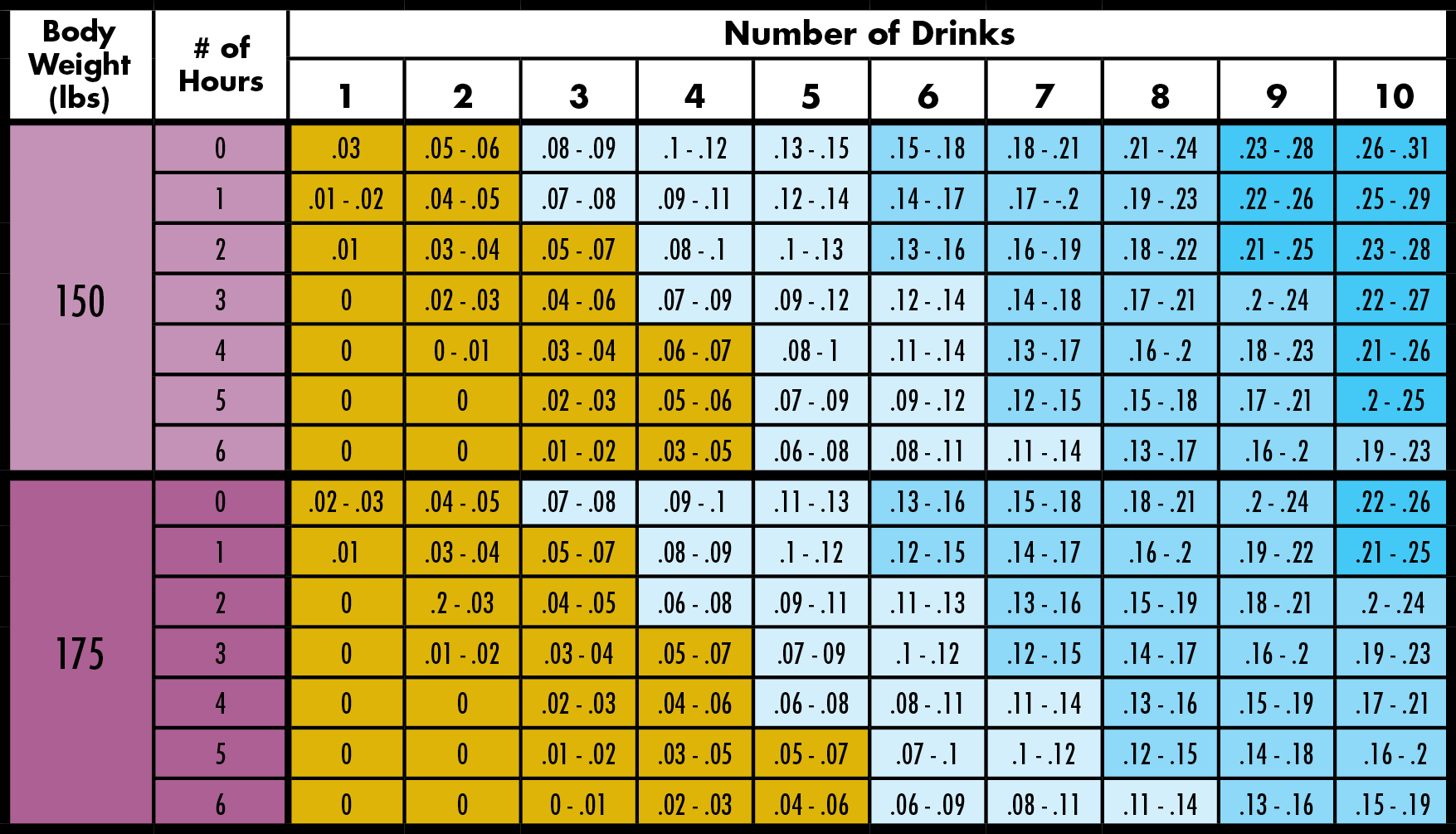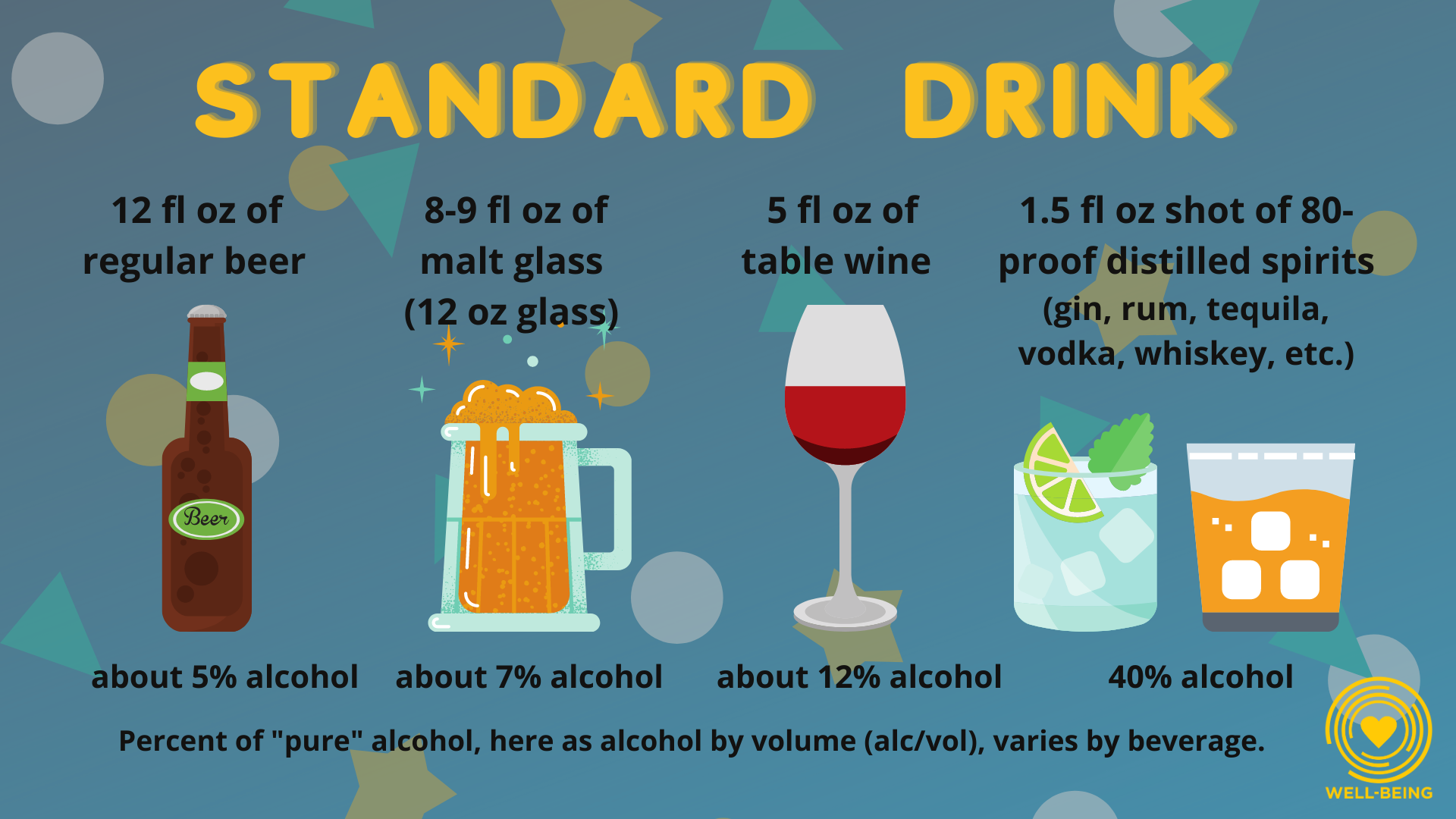

#Bac stands for alcoholedu drivers#
Some states may pursue DUI/DWI charges at lower levels for drivers under the legal drinking age. State law may enforce a lower legal BAC limit. Most impaired driving offenses are charged after a breathalyzer or blood test indicates that a driver’s blood-alcohol content (BAC) is above the federal BAC limit of 0.08%. Sitz, holding that 4th Amendment concerns over seizure were outweighed by the degree to which the sobriety checkpoint advanced the public interest in road safety.

The Supreme Court upheld sobriety checkpoint programs as constitutional in Michigan Dept. Testing and arrests for DUI and DWI can also occur at sobriety checkpoints set up by the police. Drivers can refuse chemical testing, but in most jurisdictions, such a refusal will result in an automatic forfeiture of driving licensure, since states typically require that a driver must implicitly consent to chemical testing in order to obtain a driver’s license. How Will BAC Results Affect My Case Typically, this is determined through scientific chemical testing, such as breath, blood, or urine tests. The term refers to the percentage or concentration of alcohol in your blood stream at the time of the arrest. This suspicion is usually triggered when an officer witnesses dangerous or erratic driving. What Is BAC The term BAC stands for blood alcohol concentration or blood alcohol content. Law enforcement officers can ask drivers to undergo chemical testing of their breath, blood, or urine whenever the officer suspects the driver of impairment. Some jurisdictions prohibit impaired driving across the entire state, while others limit the prohibition to public roadways and areas open to the public. In states that charge both offenses, DUI charges usually refer to cases of alcohol impairment, while DWI charges usually refer to cases of impairment by recreational or prescribed drugs. In states that only charge either DUI or DWI offenses, the two terms are often colloquially used interchangeably. These offenses encompass dangerous driving impairment caused by alcohol, drugs, or other controlled substances. Driving while under the influence (DUI) and/or driving while intoxicated/impaired (DWI) are criminal driving offenses in all states.


 0 kommentar(er)
0 kommentar(er)
